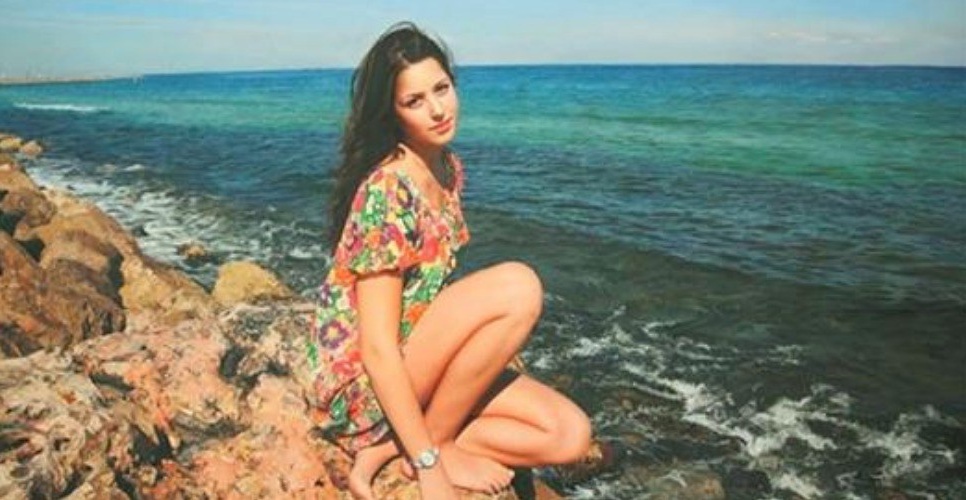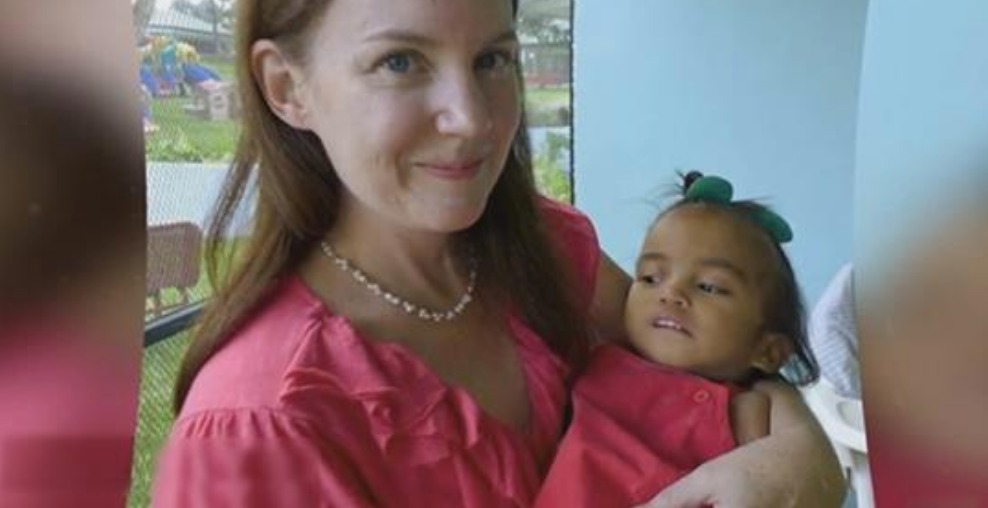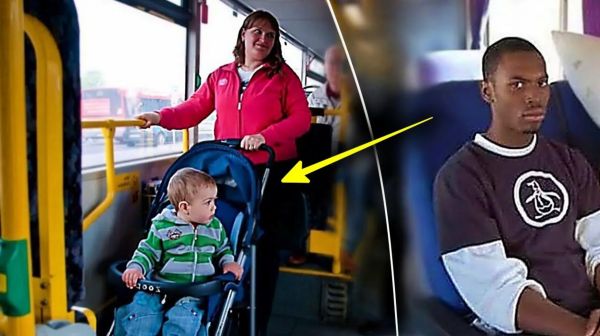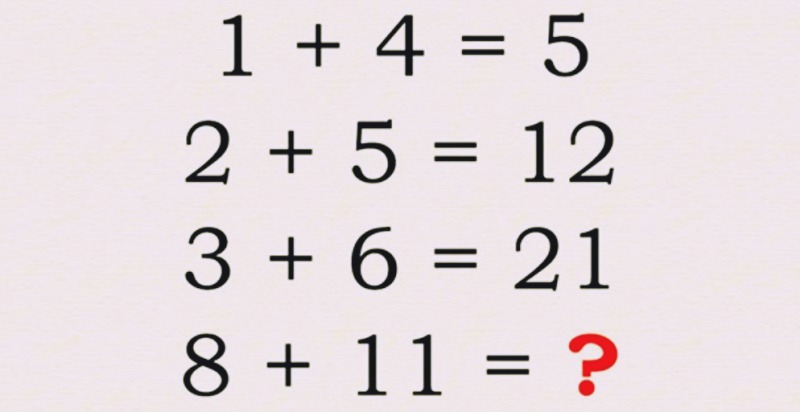You don’t have to do anything with them. But I want to… She replied, her voice steadier now. I want to remember.
I want to understand what I forgot. Or ignored. I let her words settle between us.
This wasn’t the time to rush in. Not the time to patch or plaster or rescue. I read the letter again, she said.
The one in the necklace box. I finally read it, and… I couldn’t stop crying. Not just because of what you wrote, but because I realized… Her voice cracked.
I realized how long it’s been since I saw you. You. Not just as my mother, but as Leona.
That name. Leona. It landed like a bell inside me.
You don’t owe me anything, I said softly. This call. It’s not a door you have to walk through.
Not unless you truly want to. I do, she said. No hesitation this time.
I’m not ready to come over yet or talk about everything. But… I want to start somewhere. Maybe lunch, neutral ground.
Of course, I said. You name the place. There’s that cafe near the bookstore, she said.
Maple and Pine. They still have those cinnamon rolls. They do, I said smiling.
You used to order them with extra glaze. Still do, she said. And for the first time in months, I heard her smile.
We didn’t fix everything over that phone call. There were still miles to walk. Wounds to tend.
But we’d taken a step, not back to what was. Forward into what might be. And that was enough.
I arrived at Maple and Pine ten minutes early. I’d been there dozens of times over the years. Birthday brunches.
Lazy Saturday mornings. Study breaks, where I’d watch her scribble in a notebook between sips of hot cocoa. The place hadn’t changed.
Same brick walls. Same mismatched mugs. Same Ella Fitzgerald humming through the speakers.
I chose a table by the window, ordered two coffees, and waited. I didn’t fidget. Didn’t scroll through my phone.
I just watched the door. And then there she was. Ariel.
Not the polished version I saw in her wedding photos. Not the smiling bride framed by perfection. She looked…real. Tired, but softer.
Less guarded. She spotted me paused, then walked over. Her steps were slow, deliberate.
Like each one was a question she hadn’t fully answered yet. She hugged me. Not tight.
Not dramatic. But real. Like someone who remembered how.
We sat across from each other. The coffee steamed between us. You look good, she said.
So do you, I replied. And I meant it. She reached into her bag and pulled out a photo.
Worn edges, slightly curled. It was us on a beach somewhere, maybe Florida. Wrapped in matching towels.
Sunburned cheeks. Laughing like we’d just discovered joy for the first time. I found this, she said, sliding it across the table.
I don’t remember the exact day. But I remember how safe I felt. I placed my hand beside the photo traced our faces with my fingertip.
I remember that day, I said. You built a sandcastle. It got washed away by the tide.
You cried so hard. She laughed a small, unexpected sound. You told me, I continued, even if the castle washes away, you’ll always know how to build it again.
That sounds like something you’d say. She whispered her eyes glassy. There was a pause.
A moment suspended. Then she said, I forgot a lot of things, Mom. I want to remember them.
If you’ll let me. I never stopped hoping you would. We didn’t talk about the wedding.
We didn’t rehash what went wrong. We didn’t need to, not yet. We just talked.
About cinnamon rolls. About the bookstore next door. About how the cafe still used those chipped yellow mugs she used to hate.
It was light. Gentle. But underneath, it was everything.
The following weeks fell into a rhythm that felt neither fast nor slow. Just steady. Like a pendulum finally finding its beat again.
She called me every few days. Nothing deep at first. Just checking in.
Sometimes it was about her new job. Sometimes it was about a book she found in a thrift store that reminded her of childhood. Sometimes it was nothing at all.
Just the quiet of two people remembering how to exist in each other’s orbit. Once she sent me a voice memo of her walking past a bakery. They’re playing your Ella Fitzgerald song.
She whispered soft laughter in her voice. Made me think of you. That was it.
No grand apology. No performative gesture. But it meant more than any of that ever could.
We started taking walks. Short ones. Around the lake.
Through the park. Places where the air felt open and the words could come easy. We didn’t talk about everything.
But we talked about enough. A leaf that looked like it had been dipped in fire. A dog wearing a ridiculous Halloween sweater.
A poem I’d read that made me think of her. Little things. But healing things.
One Saturday, she showed up at my front door unannounced. I opened it and found her holding a cardboard box. I finally opened the wedding gift she said.
And the letter. She stepped inside, set the box down on the kitchen table. The same table where I had waited on her wedding day.
Inside were photos. Old journals. Childhood drawings.
Pieces of her. I thought she said looking uncertain maybe we could make a scrapbook. Not because it fixes anything.
But just to remember it together. I didn’t answer. I just pulled out the glue sticks and construction paper from the drawer.
We spent the whole afternoon side by side. Surrounded by memories. Laughter came easy.
Tears came too. But it didn’t feel like mourning. It felt like mending.
One photo at a time. One caption at a time. That night, after she left, I sat alone in the kitchen.
The scrapbook opened in front of me. Pages drying memories curling at the corners. One photo caught my eye.
Ariel 10 years old. Sitting in my lap. Frosting on her nose.
Mid-laugh. A birthday cake between us. I didn’t remember the joke.
But I remembered the joy. And that was enough. I got up, walked to the hallway mirror.
The same mirror where I had once stood trying to remember who I was. I looked at my reflection. Not for vanity.
But for truth. I saw a woman who had been shattered. Rebuilt.
Not the same as before. But stronger. Wiser.
Whole. I hadn’t been waiting for Ariel’s apology. Not really.
I’d been waiting to see me again. And now I had. She’d come back into my life, yes.
But more importantly, I had come back into my own. Not as a shadow of a mother waiting for an invitation. But as Leona.
A woman who’d held on through grief. Who grew through absence. And who found her voice again.
Not through someone else’s permission. But through her own. The next morning, I lingered over breakfast still feeling the softness of yesterday.
A lightness in my chest. Not elation. Not quite.
But something close to peace. The kind that hums in the background when you’ve stopped holding your breath. The scrapbook sat closed on the coffee table.
I hadn’t put it away. I didn’t want to. It felt like a living thing breathing with the weight of our shared history.
I flipped it open again and ran my fingers across the pages. Ariel’s second grade drawing of us stick figures with wild hair and giant smiles was crooked. But I left it that way.
Honest. Just like the laugh she gave me yesterday when I asked her if she remembered our matching pajamas. I can’t believe you made me wear those flannel penguins for four years.
She said, rolling her eyes. You begged for them every Christmas I’d reminded her. She’d gone quiet then, just for a moment.
Then said, Yeah. I did. We were rebuilding something.
Not the same shape as before. But strong. And real.
Later that day, I went to the library for my writing group. I hadn’t planned to read. But when my name was called, I stood.
My hands trembled slightly as I unfolded the page. My story was short. Just three paragraphs.
But every word carried weight. It was about a woman on a beach. Watching her child build castles that the tide kept stealing.
How she learned not to stop the water, but to teach her daughter to build again. And again. And again.
When I finished, the room was silent. Then softly applause. Not loud.
Not thunderous. Just enough to say we heard you. Afterward, a woman named Carla approached me.
Late fifties. Sharp eyes. Gentle voice.
That story she said I lived that story. We talked for twenty minutes. She hadn’t spoken to her son in five years.
No wedding. No explanation. Just drift.
She said my story felt like a hand on her shoulder. Sometimes I think the universe gives us each other as mirrors. She saw herself in my story.
And I saw how far I’d come in hers. The days turned slow and golden. The trees were starting to change their leaves, surrendering with grace.
Ariel called me every few days now. Nothing scripted. Nothing big.
Just enough. Do you still make lentil soup? She asked once. Still over-season it with thyme, I’d replied.
I always liked that, she whispered. I almost said, you never told me that before. But I didn’t.
Some things didn’t need to be named to be felt. One morning, I went into the garage to dig through an old box of winter coats. Buried beneath them was a dusty envelope I’d long forgotten about.
It was addressed to Ariel. Written in my handwriting. But never sent.
Inside was a birthday card. From last year. A simple note.
Happy. Twenty-nine. My sweet girl.
No matter how far you go, you’ll always carry my love. I stared at it for a long time. Then I didn’t throw it away.
I tucked it into the scrapbook right behind the beach photo. She didn’t need to see it. But I needed to keep it.
Then came the message. Late Friday evening. The sky outside was the kind of pink that makes you pause.
Ariel, can I come over Sunday? Just for coffee. No agenda. I stared at the screen.
Then typed back, I’ll have the cinnamon rolls ready. Sunday arrived crisp and bright. I swept the front porch, fluffed the pillows on the couch, lit the candles she used to say smelled like cozy bookshops.
I wasn’t nervous. I was ready. When she knocked, I didn’t rush to the door.
I wanted her to know she could wait for me the way I had waited for her. I opened it with a smile. She stepped inside, took off her coat, and asked, can we sit on the porch? We hadn’t done that since she was sixteen.
Since she told me about her first heartbreak. I used to wrap a blanket around her shoulders, pour her tea, and let her cry without trying to fix it. This time we sat side by side, sipping quietly.
She pulled out her phone and scrolled through her photos. Then handed it to me. There we were her wedding day.
Not me, of course. But her. Caleb.
Friends. Candles. Laughter.
But one photo stood out. It was a shot of the gift box I’d sent. The necklace sitting beside the letter.
I couldn’t open it that day, she said. But I kept it on the table. I’d look at it every night for a week before I had the courage.
I nodded, not speaking. And when I finally read the letter, she continued, I felt like you were still holding my hand. Even after everything.
I looked at her. My grown daughter, no longer a bride in a magazine, but a woman weathered by her own storms. She took a deep breath.
I’m not ready to explain everything she said, but I want you to know I’m trying. I don’t want to lose you again. I reached over, took her hand.
I never left, I whispered. We sat like that until the sun dipped low and the wind turned sharp. She stayed for dinner, just soup and bread.













